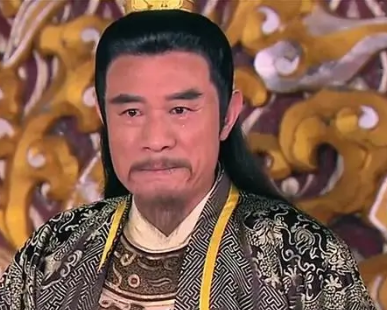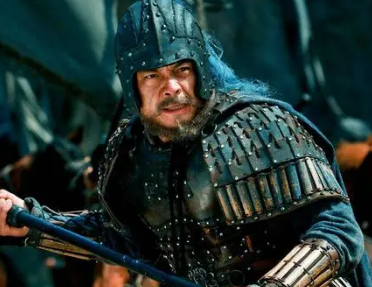During the Three Kingdoms period, Liu Shan, the last emperor of the Shu Han dynasty, ended the history of the Shu Han dynasty by surrendering to the enemy. Many people are puzzled about why Liu Shan did not choose to resist to the last. This article will explore the reasons behind this historical event from the perspectives of historical background, political situation, and Liu Shan's personal character.

I. Historical Background
During the Three Kingdoms period, the Wei, Shu, and Wu dynasties competed against each other. However, over time, the Wei dynasty gradually emerged and its strength grew significantly. In 263 AD, the generals Deng Ai and Zhong Hui led a large army to attack the Shu Han dynasty. Facing the powerful enemy, the Shu Han army retreated step by step, and the situation was critical.
II. Political Situation
At that time, the internal political situation of the Shu Han dynasty was already unstable. Due to long-term war and national weakness, the people of the Shu Han dynasty suffered from depleted resources and disintegrated morale. At the same time, power struggles within the Shu Han dynasty also weakened the country's resistance. Under such circumstances, Liu Shan may have believed that even if they resisted, they could not change the outcome of the war and may even cause more civilians to suffer.
III. Liu Shan's Personal Character
As a monarch, Liu Shan's personal character also influenced his attitude towards war to some extent. According to historical records, Liu Shan was timid and indecisive. Facing the pressure of a powerful enemy, he may have lacked sufficient confidence and courage to organize effective resistance. In addition, during Liu Shan's reign, he did not pay much attention to national affairs and was more focused on pleasure, which may have been one of the reasons why he did not choose to resist firmly.
IV. Strategic Considerations
From a strategic perspective, Liu Shan may have believed that surrendering was the best choice to protect the interests of the country and its people. Under the circumstances at that time, the military strength of the Shu Han dynasty was unable to compete with the Wei dynasty, and continuing to resist would only bring greater losses. By surrendering, Liu Shan hoped to obtain lenient treatment for the people of the Shu Han dynasty from the Wei dynasty and reduce the harm caused by the war.
Conclusion:
In summary, Liu Shan's decision to surrender without resisting was the result of a combination of historical background, political situation, personal character, and strategic considerations. Although this approach avoided further escalation of the war to some extent, it also brought an end to the history of the Shu Han dynasty. This historical event stillsparks discussion and reflection among people today.
Disclaimer: The above content is sourced from the internet and the copyright belongs to the original author. If there is any infringement of your original copyright, please inform us and we will delete the relevant content as soon as possible.





























